Sustainability is part of Jungheinrich’s identity. As a family-owned listed business, uniting economic, environmental and social responsibility is the focus of all business activities. The sustainability strategy aims to create sustainable value for all stakeholders – that includes customers, employees, shareholders, business partners and society as a whole. Jungheinrich contributes towards the sustainable transformation of intralogistics with its products and services and thus sees itself as a sustainability enabler.
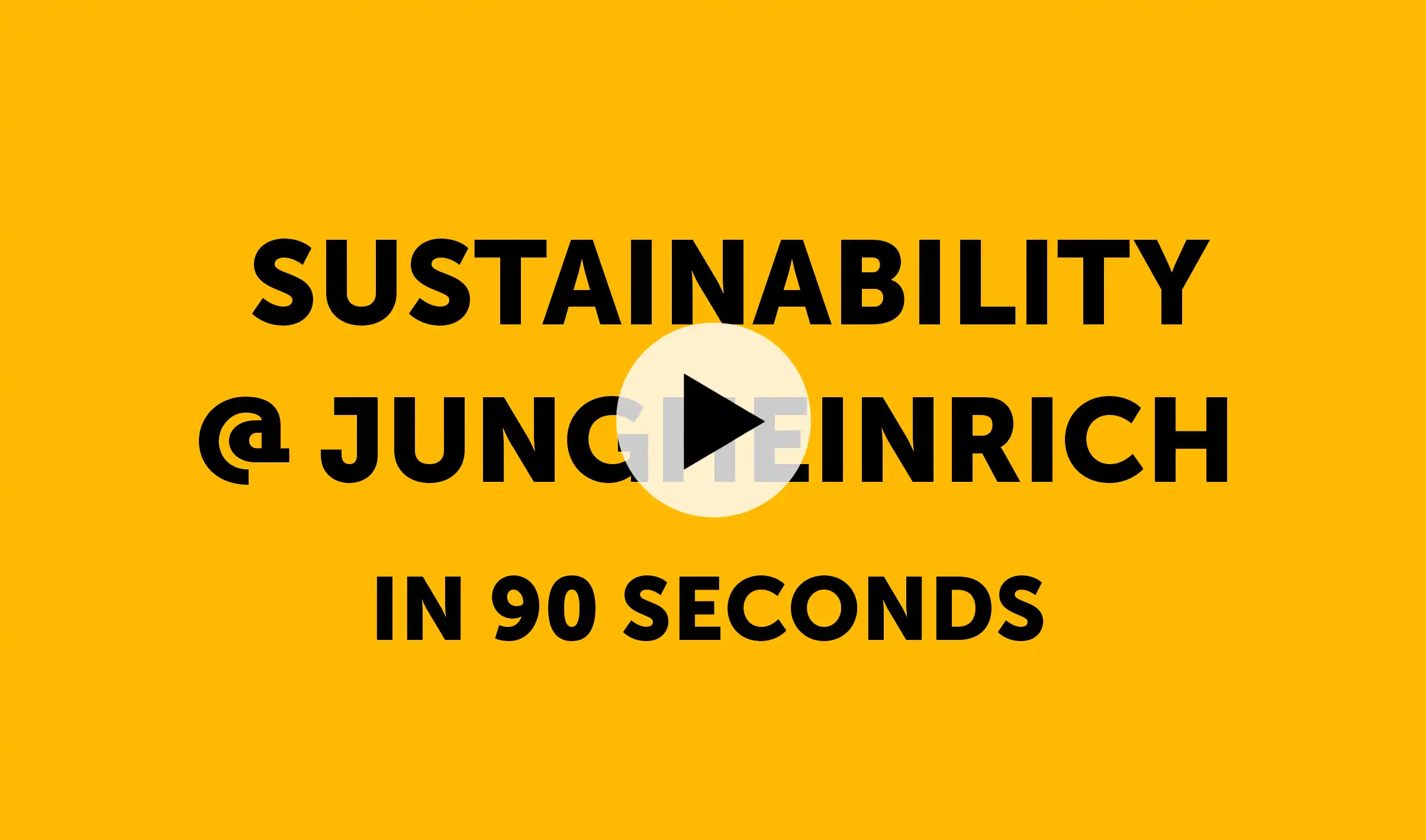
Sustainability targets
As part of its corporate Strategy 2025+, Jungheinrich set various sustainability targets:
Contributing to climate neutrality
By 2030: Net-zero greenhouse gas emissions in Scopes 1 and 2
By 2050: Net-zero greenhouse gas emissions in Scopes 1 to 3
These milestones include reduction targets that are inline with the Science Based Targets initiative (SBTi).
Reducing resource and energy consumption
By 2025: Landfill waste from German plants reduced to zero and worldwide by a third
By 2030: Landfill waste worldwide created by our internal work processes reduced to zero at locations with established recycling systems
Creating a safe and fair working environment for employees
By 2025: Improving the LTIR (accident rate) to 12.5
By 2025: 20 per cent of management positions held by women
Ensuring transparent and sustainable procurement
By 2025: 80 per cent of globally relevant procurement volume to be sustainable spend
Achieving top ratings as proof of sustainability performance
Ongoing: In strategically relevant ratings from EcoVadis, CDP, MSCI ESG Ratings and ISS ESG
Providing sustainable products and solutions for the intralogistics sector
By 2025: 50 per cent of Jungheinrich forklifts equipped with lithium-ion batteries
Ongoing: Boost revenue with sustainable products in line with the EU Taxonomy Regulation
2023 Highlights
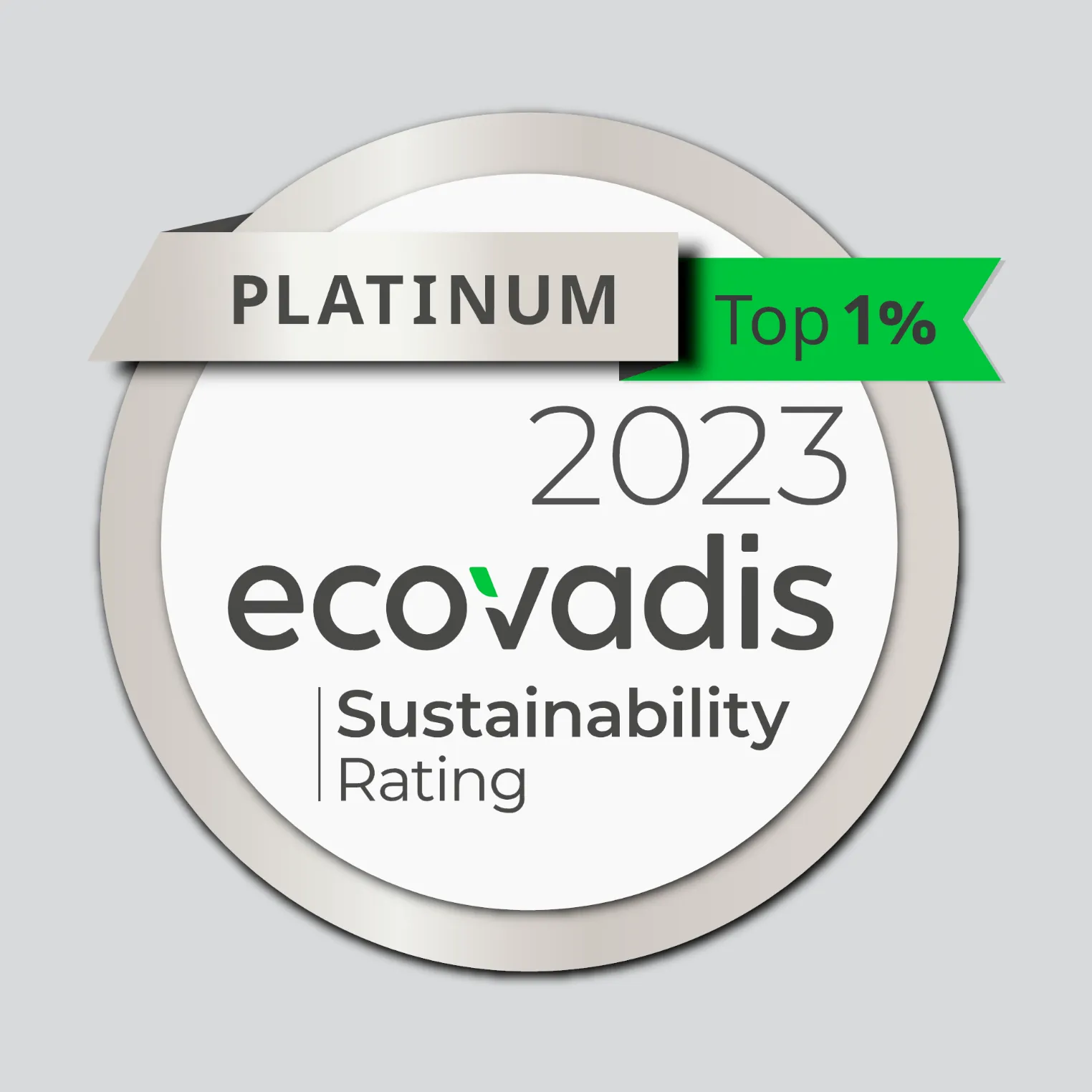
EcoVadis, the world’s largest provider of sustainability ratings, grants Jungheinrich the Platinum rating for a third consecutive time


Manufacture of battery-powered trucks only

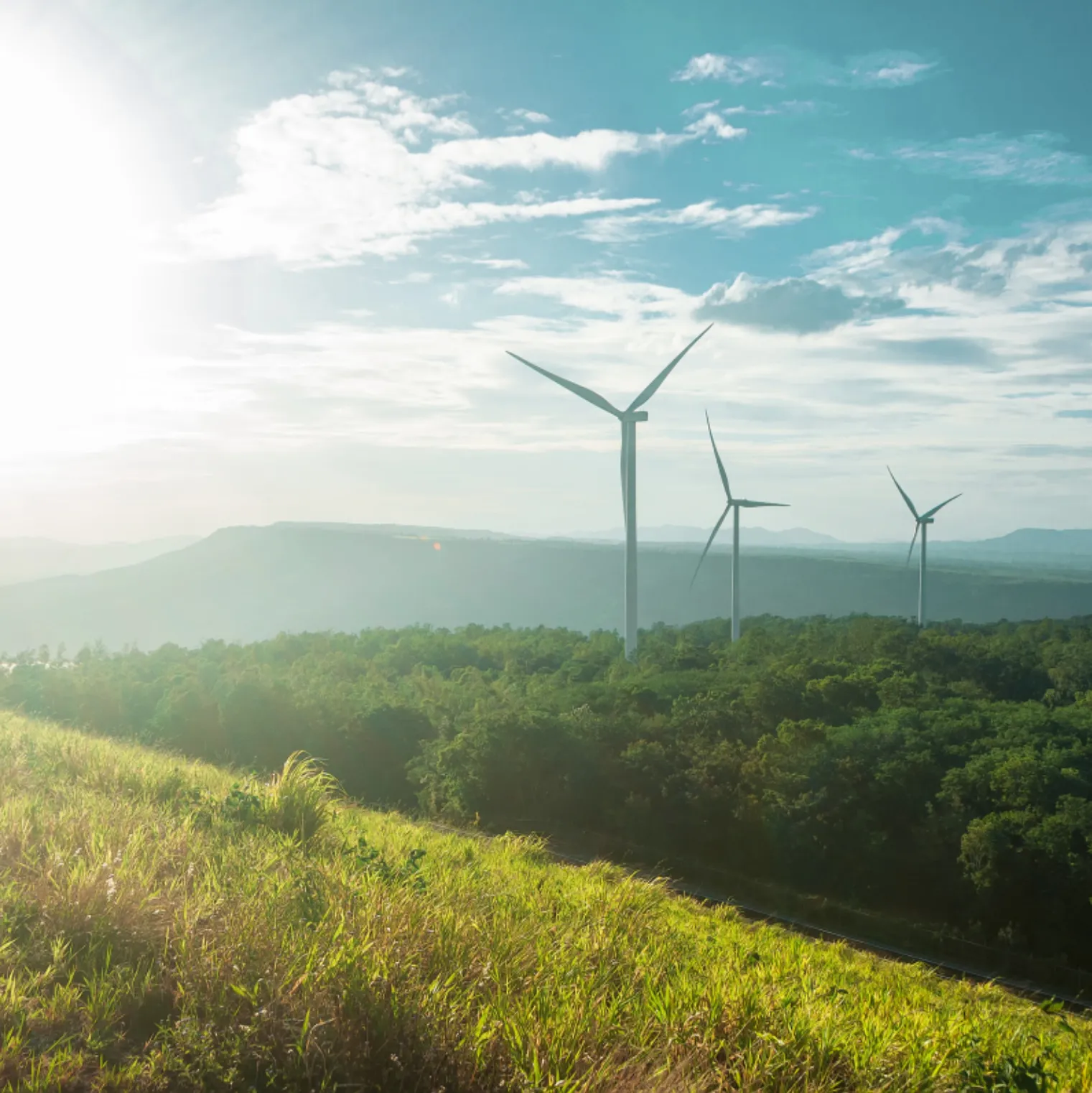
Use of electricity from renewable sources in 28 countries

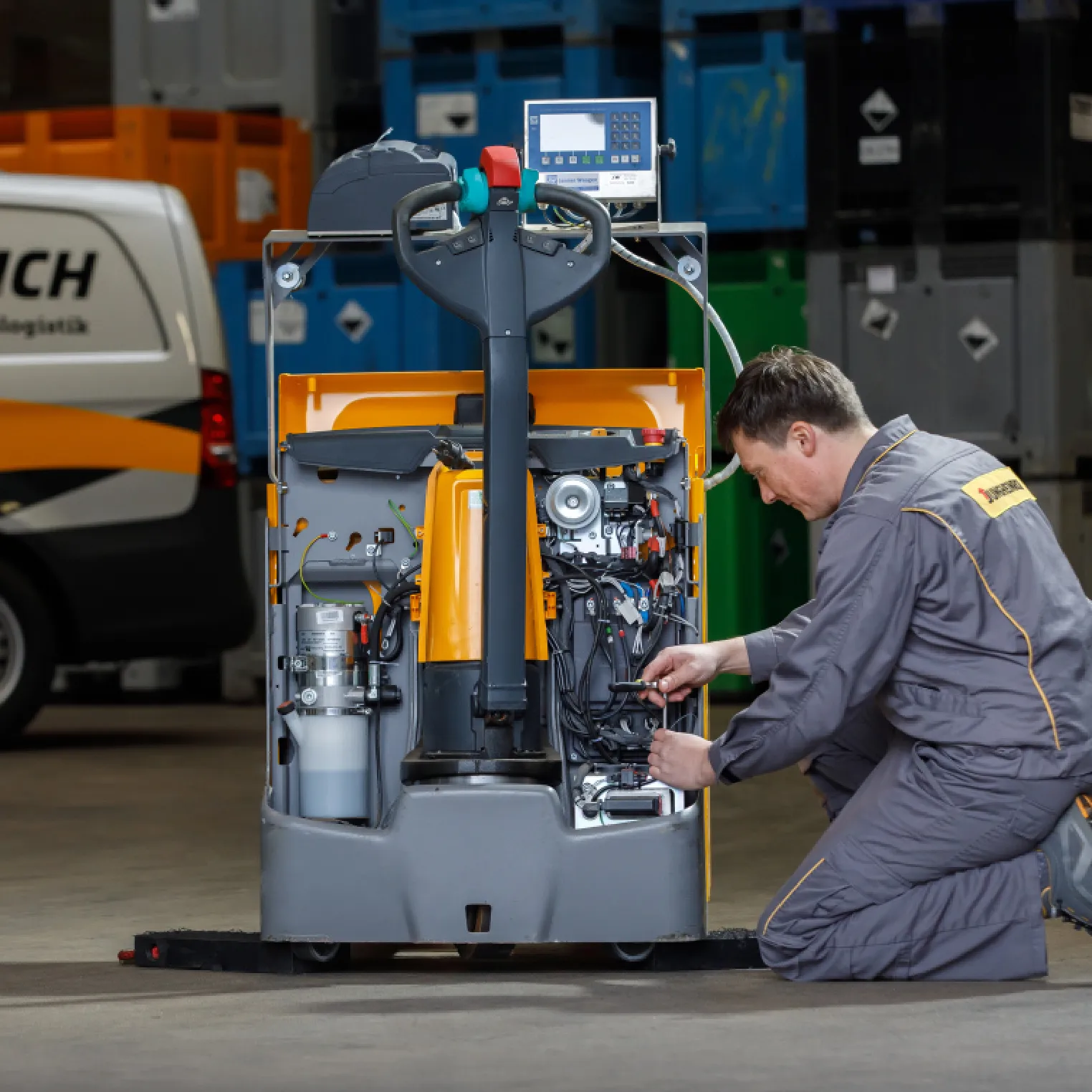
Expansion of CO2e-neutral after-sales service to five countries


Publication of Jungheinrich’s first policy statement on respecting human rights

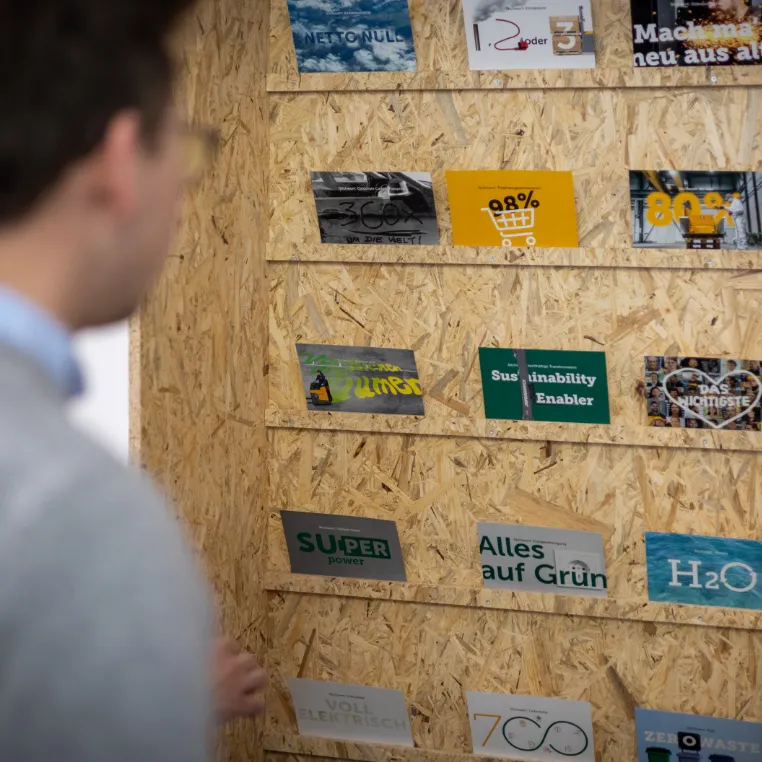
Introduction of a global, internal communication platform for sustainability that enables employees to get involved with sustainable transformation
